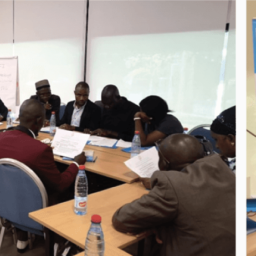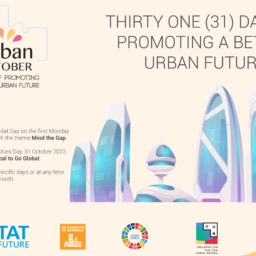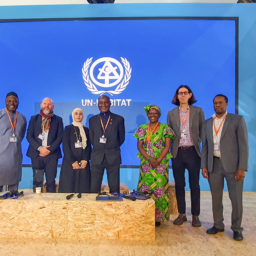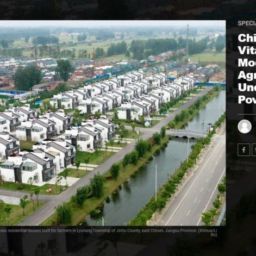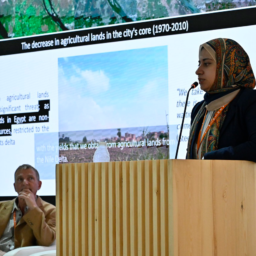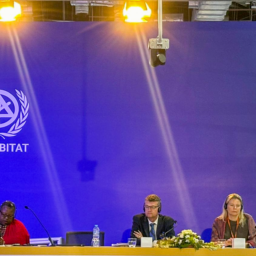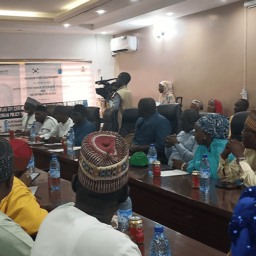
Niger State, Nigeria adopts Stanford students’ urban policy proposal for Suleja
Determined to improve living conditions in the city of Suleja, the Niger State Government has adopted a policy proposal developed by two Stanford university master’s students in international policy, Elani Owen and Mariann Varga. The proposal is part of the recommendation by the students, aimed at increasing government accountability in Suleja and contributing to more effective local budget allocation and better service delivery.The students collaborated with UN-Habitat and the State Government to develop the policy proposal as part of the urban support programme of the UN agency, to aid sustainable urban development.
UN-Habitat and the Stanford University Master’s in International Policy (MIP) programme signed a cooperation agreement last year for developing policy solutions in Niger State. The policy change studio project was launched in January 2020.
Prof. Mustapha Zubairu, representative of Niger State, and Michael Kinyanjui, Project Manager at UN-Habitat, were instrumental in the success of the project, providing regular guidance, discussions, and background information.
The students were supposed to travel to Suleja in March to conduct fieldwork. However, the trip was canceled because of COVID-19. Prof. Zubairu and Mr. Kinyanjuil helped the students overcome the new challenges associated with designing solutions.
The Director of the Master’s in International Policy at Stanford and professor of the Policy Change Studio class, Francis Fukuyama, said: “We designed the new programme two years ago to replace our practicum, which puts small groups of students in touch with international partners to help them solve a policy problem.
They identified several main factors, and decided to concentrate on the lack of government accountability in Suleja and Niger State. On the community side of this solution area, the students found that there are currently no bottom-up accountability initiatives in Suleja, and lack of information on public projects; the community has few institutionalized opportunities to engage with the local government.
At the same time, the government has scarce information on resident needs and has little incentive to implement projects effectively and efficiently. Therefore, they developed two solutions to inform and engage the community on public projects and to raise government incentives for better project implementation.
A newly adopted Nigerian federal law gives local governments authority over their federal allocation (federal funds). Many state governments are skeptical about the local governments’ capacity to handle receiving funds directly.
The students saw that this recent change creates a window of opportunity to establish new budget norms for the local government authority of Suleja.
Whereas the first solution raises awareness about government projects amongst residents, the second seeks to integrate the community into the local government’s decision-making processes for projects.
They proposed the creation of a Community Budget Committee, which would consist of ward heads, representatives from civil society organization, and other prominent local leaders.
This committee would meet several times a year and eventually propose recommendations for the Local Government Authority’s annual budget.
They believe a participatory budgeting would make the local government more transparent and accountable by strengthening public participation in its democratic processes.
In June, Mariann and Elani presented their results and ideas to their partners. The state government demonstrated interest in the online tracking platform, and Elani and Mariann initiated communication between government stakeholders and a Non-Governmental organisation (NGO).
Retrieved from: https://guardian.ng/property/niger-state-adopts-stanford-students-urban-policy-proposal-for-suleja/



